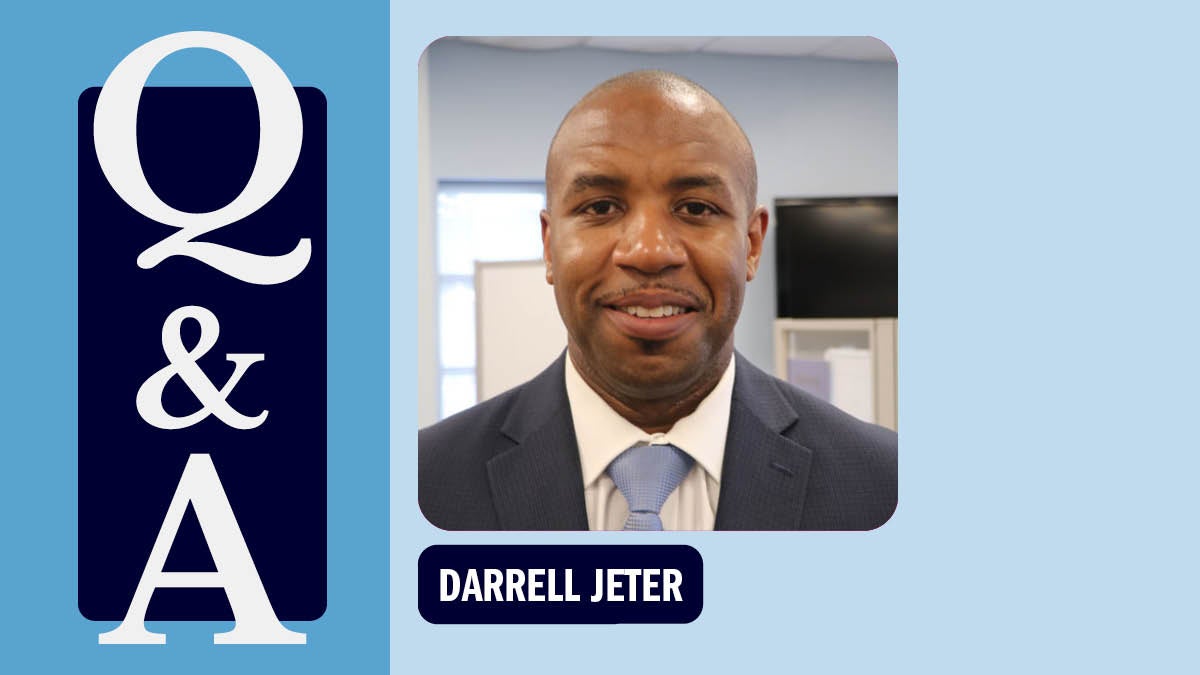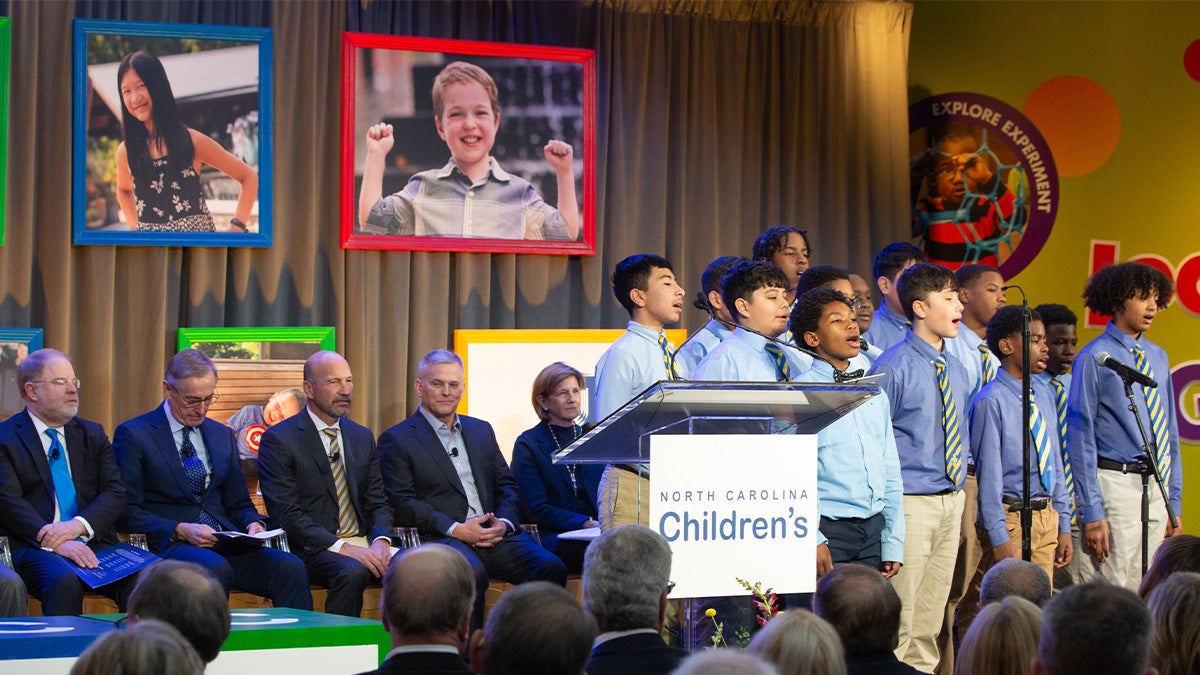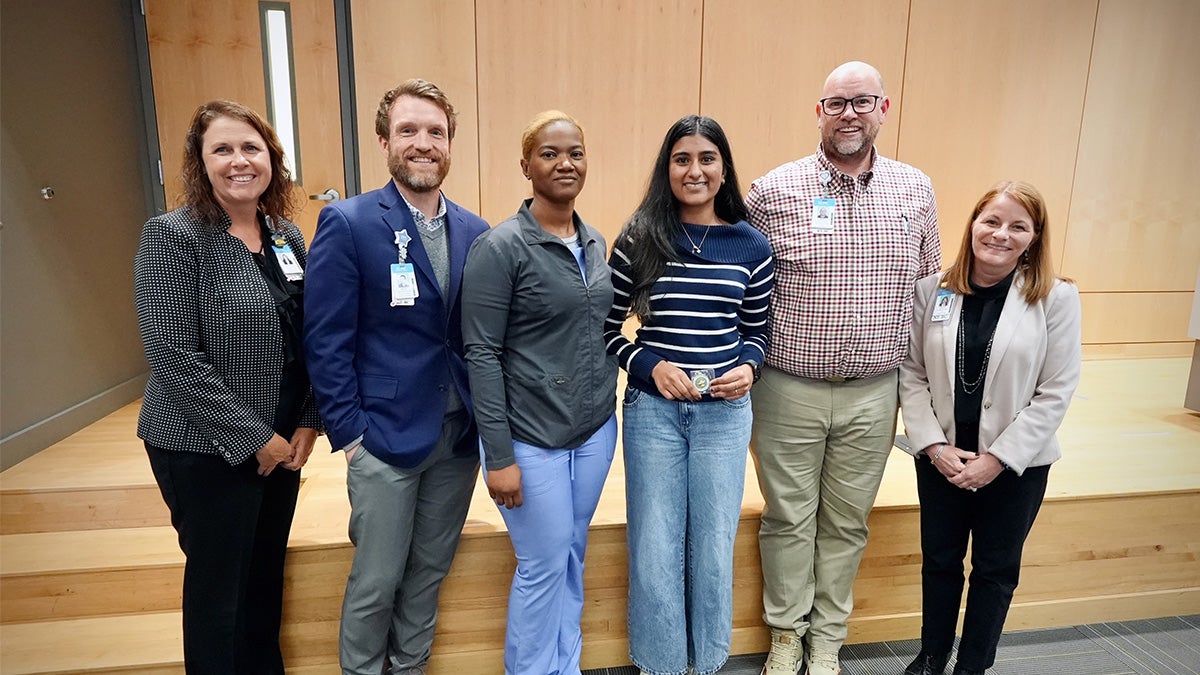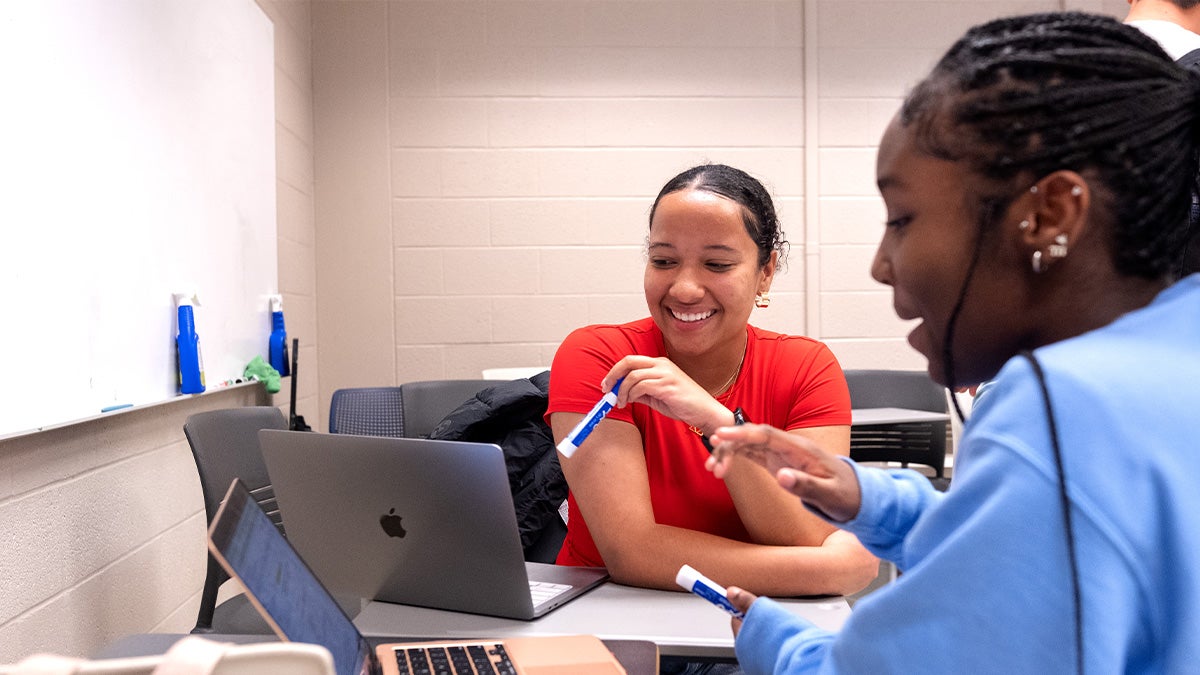Tabletop exercise refines emergency response
By practicing with partners on “blue-sky days,” team members prepare for real-life crises.
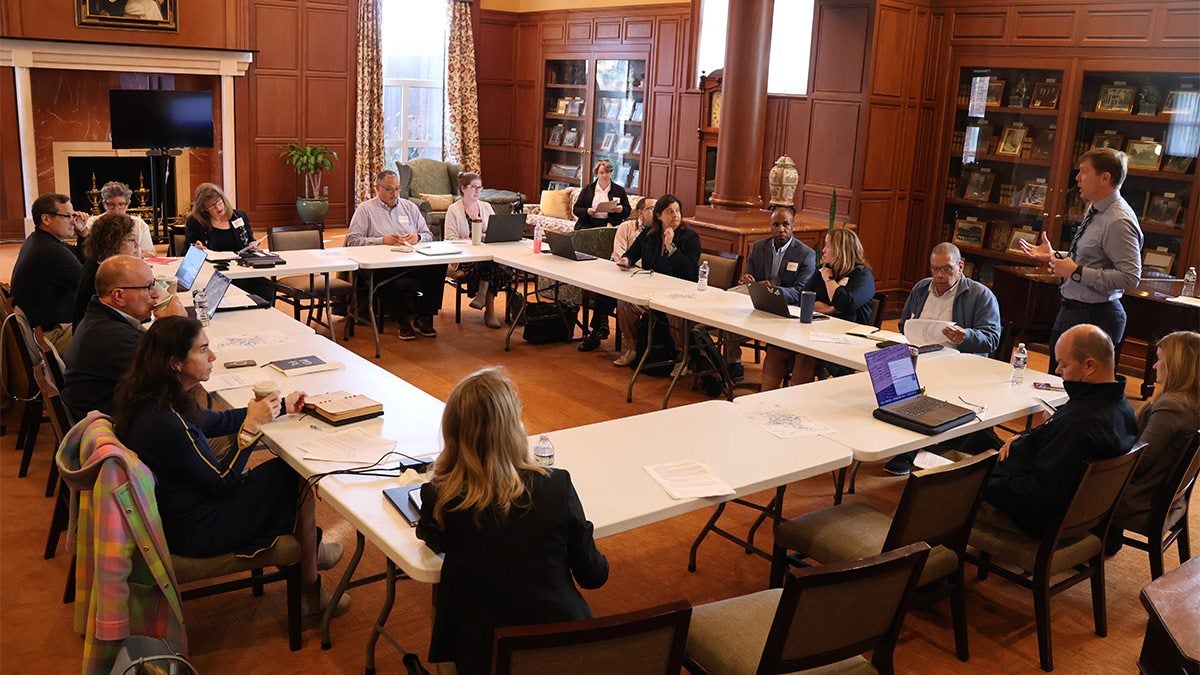
UNC-Chapel Hill Emergency Management and Planning recently conducted a tabletop exercise as part of the UNC System Tabletop Exercise Project. These exercises, designed to test and refine emergency response and recovery strategies, provide a space for collaboration and planning.
“As a concept, tabletop exercises are an opportunity for us to bring partners together to really talk through a scenario of what could happen, and then how we apply our response plans to that incident in a low-stress, no-fault environment,” explains Darrell Jeter, EMP director.
The tabletop discussions allow participants to identify potential gaps in existing plans and incorporate feedback from various stakeholders, while the low-stress environment opens opportunities for conversations that would not normally happen during an actual emergency.
Planning for a tabletop exercise
For the last three years, the UNC System has partnered with the All Clear Emergency Response Group, an organization that specializes in providing emergency preparedness and response solutions, to facilitate tabletop exercises with all 21 member institutions. The exercises aimed to simulate a real-life emergency specific to each institution allowing officials and local partners to practice their response strategies in a controlled environment.
“We worked with the executive planning team using existing University plans and policies to make this exercise specific to UNC-Chapel Hill,” explains Jake Peterson, All Clear senior planning specialist. The team’s seven members — University representatives from EMP, Environment, Health and Safety, Student Affairs, University Communications and UNC Police — spent six months planning the scenario.
The exercise centered on a simulated explosion inside a campus building. The objective was to test how well different response groups could share information and maintain a clear understanding of the situation during a crisis.
Participants from various departments across campus — including Campus Safety, Finance and Operations, partners in Student Affairs, Carolina Housing and Campus Health — discussed and practiced the University’s family assistance and reunification plan. They used a situation manual that included pre-developed questions to prompt conversations and guide them through various phases of the response.
“Tabletop exercises are helpful because you get to be with the people you’re actually going to work with in an emergency,” says Cathy Brennan, EHS executive director and member of the executive planning team. “When you train annually, or even more frequently, it helps everyone do better when the real emergency actually hits.”
Participants from outside of the University included public officials from Orange County, Chapel Hill, UNC Hospital and Carrboro, as well as emergency managers from Duke University, Winston-Salem State University, NC State University and North Carolina Emergency Management.
Attending as an observer was Sarah Pickhardt, division chief of emergency management for Orange County Emergency Services. “An incident at the University impacts not only the campus but also the broader community,” she explains. “Every day, every emergency and even on blue-sky days, we’re sharing information and resources because we are such a close-knit community. This interconnectedness is why exercises like this benefit everyone involved.”
Key takeaways
The tabletop exercise highlights the importance of ongoing safety preparedness. Learning from past experiences and practicing together helps the University and its partners develop and refine its current plan.
“Getting to know each other on a blue-sky day allows for us to really go through our plans and determine if our plans need modifications, but more importantly, how we can rely on each other to help get through whatever that disruption is,” says Jeter. “For me, the biggest takeaway is relationships, collaboration, cooperation and coordination. Those are critically important when we have major events on campus because it’s going to take us as a community to come together to resume normalcy.”
